-
What We Do
- WHERE WE WORK
-
About Us
 Welcome Message from Carol Jenkins
Welcome Message from Carol JenkinsFor more than 90 years, World Learning has equipped individuals and institutions to address the world’s most pressing problems. We believe that, working together with our partners, we can change this world for the better.
On my travels, I’ve had the opportunity to meet with many of those who have joined us in this mission. In Baghdad, we’ve trained more than 2,300 Iraqi youth who are already giving back at home. In London, our partners in the TAAP Initiative strongly believe that we are all responsible to practice inclusion. And in Vermont, our Experiment in International Living and School for International Training participants prove every day that they have the tools and the determination to change the world.
Please join us in our pursuit of a more peaceful and just world.
- Get Involved
Media Center > Story
The Experiment Digital Climate Alumni: What are They Doing Now?
November 8, 2021
By Eric House
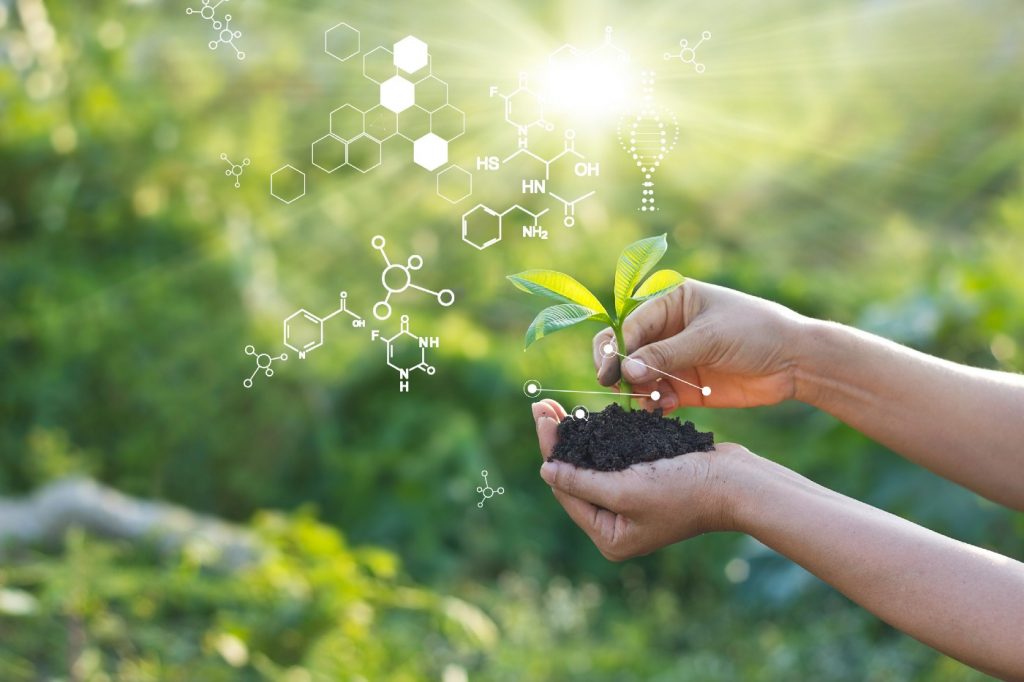
In May 2021, The Experiment Digital’s Climate Change & the Environment program took more than 60 students in 21 countries on an educational journey to gain a comprehensive understanding of climate change and sustainability. The program looks at how the climate crisis intersects with social issues like racial inequality, public health, and education, while delivering sessions on leadership development, youth empowerment, and digital citizenship.
The students engaged in dynamic activities and phenomenal dialogue on the status of climate change and how certain systems perpetuate the climate crisis. They completed capstone projects called “Radical Imagination Vision Boards,” resulting in creative Padlets, spoken word pieces, videos, and mock-ups that redesigned political and energy systems in their home countries and envisioned what their neighborhoods would look like in 50 years.
We asked some of the program alumni what inspired them to participate in this program, what lessons they took from it, and what’s next for them.
José Rivera Martínez, Mexico

“The environment is a topic I’m really passionate about, so when I learned about this course I didn’t think twice. The opportunity to get to know young people from around the world who are as interested in this theme as I am was simply amazing to me.
After completing this course, I finished high school and got a full scholarship to study sustainability engineering at Tecnológico de Monterrey, one of the best universities in Mexico and Latin America. In the future, however, I would like to get involved in environmental protection and conservation-related projects, as well as create my own projects to help the environment and vulnerable communities. I’m particularly interested in sustainable urban settlements and ecosystems protection.”
Joanna Masa, Germany
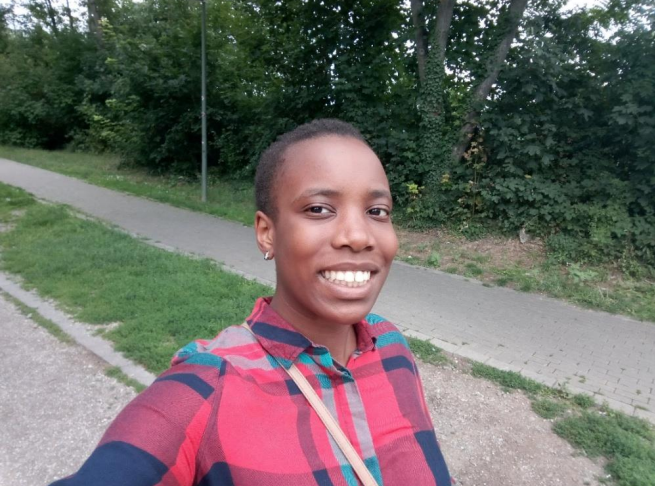
“First and foremost, I learned that teenagers have the ability to cause and contribute to change through activism. This prompted me to think about ways of organizing a similar campaign here in Germany where I live. Additionally, I learned about grassroots activism and a regenerative economy. Lastly, I was also able to learn about organizing and leading a successful public campaign. The amazing people I met through the program gave me hope for the future of our planet.
After completing the course, my interest in contributing to saving the planet has increased. I intend to be part of the solution through activism, adjusting my lifestyle, and considering a profession that cares for sustainability of the planet.”
Josué Corona, Mexico
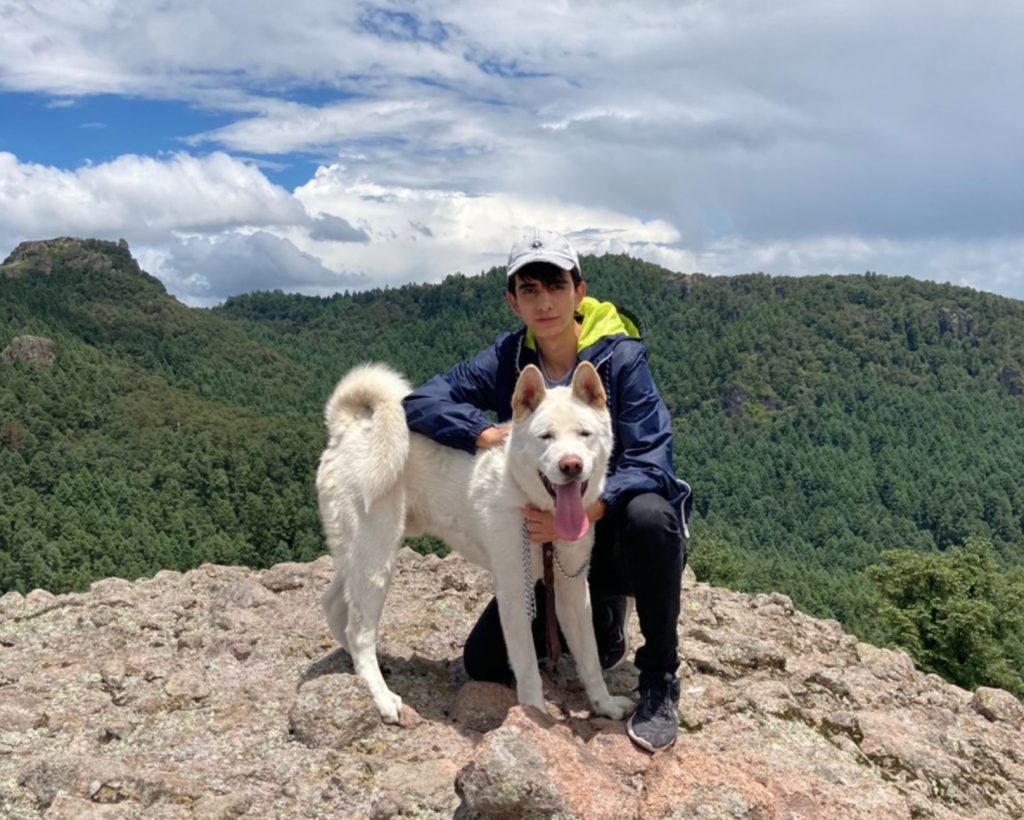
“It would be very simple to say that I learned what I expected about climate change, sustainability, and the social movements they imply. But it’s much more than that…I [also] got to know how the movements in different parts of the world are developed. I learned how the world around me moves by giant leaps and how it bonds us, humanity, to take action since, in a way, we are guilty of what happens on this planet.
Now I see everything from a different perspective. And because the branch in which I intend to realize my career focuses on the economic perspective, I try to see literally everything focused on sustainability. [I also gained] confidence and the ability to express myself with ease.”
Nour Hazem, Egypt
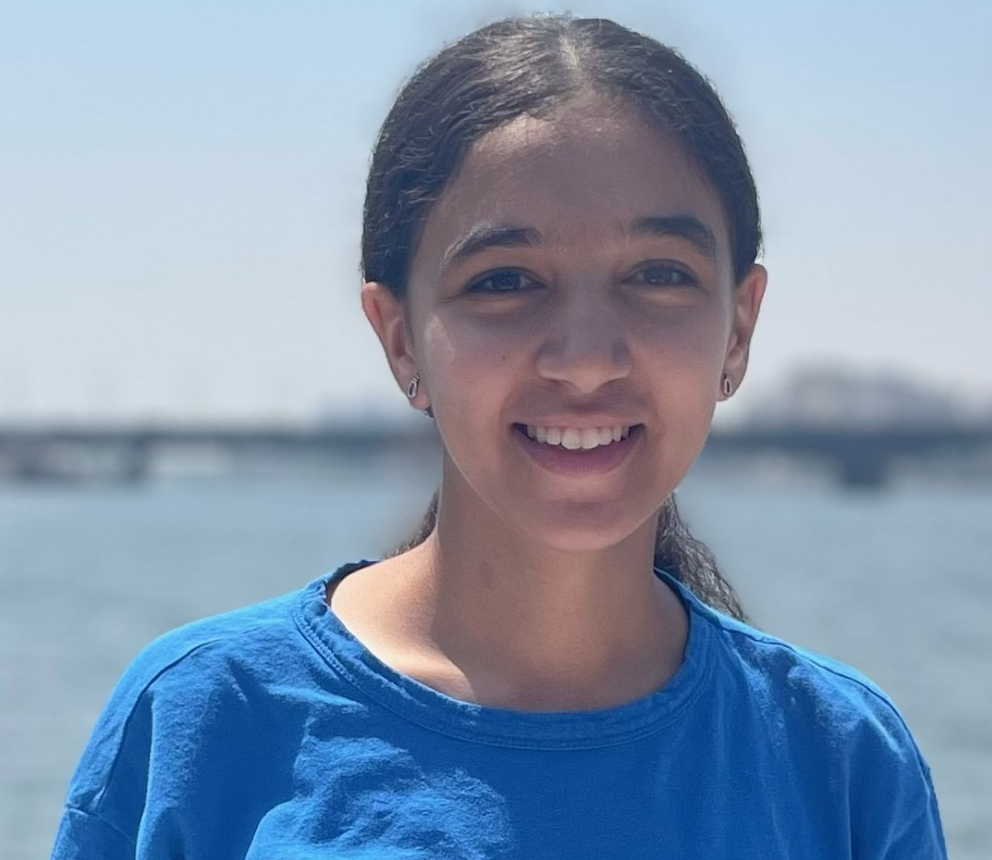
“I was encouraged by my family to participate in the program, but what really inspired me to join the Climate Change & the Environment program is my will to cause a change in the world and radically solve the climate change problems facing the planet.
I have planned to create social media accounts in order to spread what I learned through the program into people’s minds and take action on a wider scale. Additionally, I was searching for another virtual or traveling abroad program that could help me improve my knowledge and provide me with the opportunity to communicate with new and different cultures.”
Vish Kistama, Guyana

“After completion of this course, I was so empowered and motivated to do more. I started drafting plans for little things I could start doing at home to help in the reduction of climate change. Even starting small at home can significantly help to reduce your carbon footprint and climate change at large. I did simple actions such as convincing my parents to reduce meat consumption to no more than two times per week. Also, I chatted with friends and tried to share everything that was delivered in this program. Until today, I still spread the word and try to do the most from my end. This course definitely allowed me to see how beautiful it is to interact with persons from all over the world. I went on to be a part of the first cohort of Guyanese youth to be admitted to the Yale Young Global Scholars Program in 2021 and lead 20 youths from over 10 Caribbean countries to plan a project that would help spread awareness on climate change.”
Jordi López López, Spain

“The most important lesson that I’ve achieved thanks to the Climate Change & the Environment course is that I’ve become a global citizen: Now, I understand that we shall act regarding a global economic, political, and social global perspective; keep respecting the other cultures, ethnicities, genders, and religions; and that we are all part of a bigger community called The World.
Thanks to this experience, I came up with an idea called World Zero C02, where we propose international and ecological digital courses to palliate the effects of climate change and achieve zero C02 emissions by 2050. I would like to keep growing as a person with The Experiment Digital, have more intercultural experiences, and become a peer mentor, as well. I can say that without any doubt it’s an experience that has changed my life.”
Joseph Elsayyid, USA
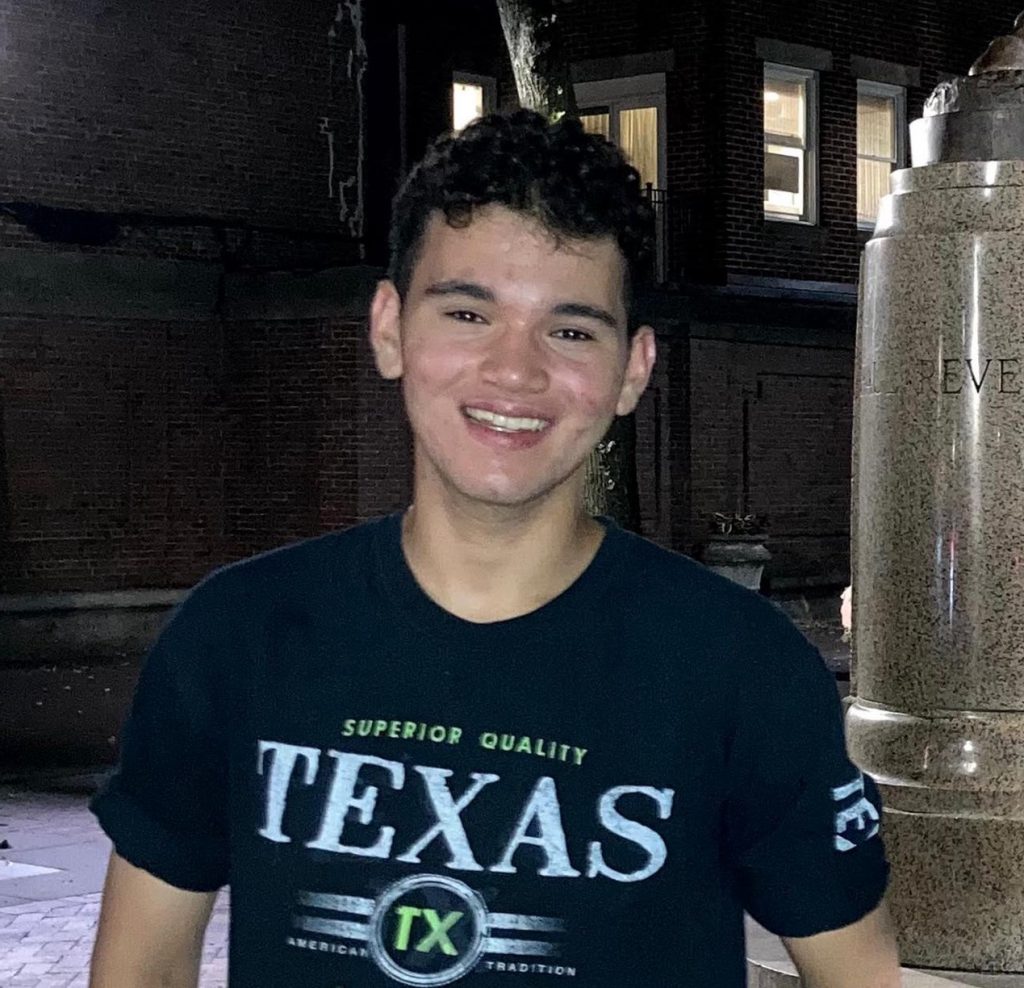
“Being able to hear the ideas and perspectives of students from over 20 countries inspired me to join the course as a peer mentor to help facilitate those impactful discussions.
I hope to incorporate more climate-focused discussions in ‘Coffee Chats to America,’ a student-led cultural-exchange project that connects American high schoolers with youth from a range of countries. Every week, the student pairs have 20–30 minute discussions on an assigned topic that allows for both students to share their unique cultural perspectives, while also providing a space for participants to improve language and communication skills. Observing conversations during the program around climate change, an issue that transcends all borders has inspired me to work to include this topic within the project in the coming weeks.”
To learn more about The Experiment Digital, visit experiment.org.





